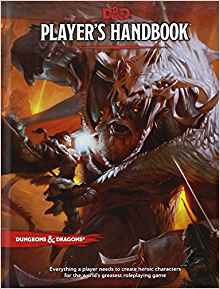Rogue Initiative in 5e
In Dungeons & Dragons version 5e, the Rogue obtains a new feat when reaching level 17 called Thief's Reflexes.
 This feat gives the Rogue the equivalent of two full turns on the first round.
This feat gives the Rogue the equivalent of two full turns on the first round.
This means the Rogue is able to have two full actions, bonus actions, movements, etc. within the first round.
If you have a Rogue that can cast spells, that's where you would be able to use certain spells that are otherwise difficult to make use of: spells that give you a bonus to hit or that paralyze your target for 1 round... things that you would not think of in a usual combat situation. This is not unlikely going to give you a great advantage with your second action.
In terms of initiative, the second action of the Rogue will be placed at his first initiative roll and adjustment - 10. So, say you had a roll of 13. Your dexterity is 18 which gives you a +4 and at level 17 you have a proficiency of +6 you get a 23 Initiative for your first action. You will perform your second action as if you rolled a 3, in other words as initiative 13 (which is 23 - 10).
 Note that for some thief, that second number may give you a negative number. This is a normal result in 5e.
Note that for some thief, that second number may give you a negative number. This is a normal result in 5e.
There is nothing about the possibility that 13 is a tie with another foe. In that case, I suggest you use the same tie breaker as defined for regular Initiative, which is for the Dungeon Master to re-roll a 1d20 for the Monster and for you to re-roll your 1d20 and add your modifiers and subtract 10.
Remember that a tie breaker is only required between enemies and the new roll is only made between those two. When two characters have a tie, they can just choose who goes first (although frankly at times I'm wondering whether that's really a faster way to handle the situation since your players can argue for a while about who is going to go first!)
This very specific feat is not handled by Turn Watcher. Since it is only for Rogues of 17+ level, we think that you can make sure to handle it by hand each time. You player should keep track of when they have to go for the second time.
« Previous: Initiative in Dungeons & Dragons 5e
Next: Initiative and Bonuses, an important aspect of combat »

